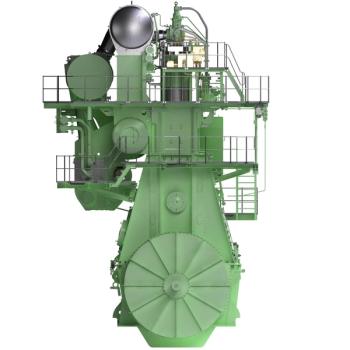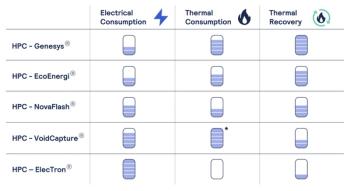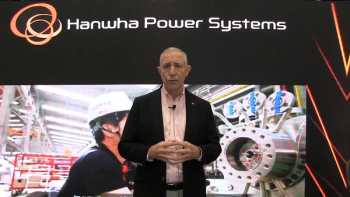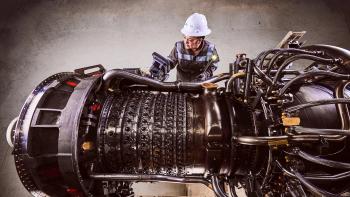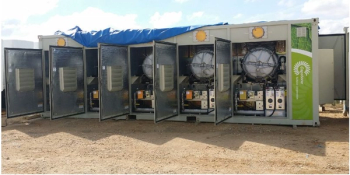
Equipment function test assures proper field operation of auxiliary unit
Having properly specified, designed and manufactured the auxiliary unit, its proper arrangement and operation must be confirmed. This is accomplished during factory testing and inspection.
The objectives of this phase are to confirm the proper arrangement details and functional operation of the equipment.
It is necessary that we require the FAT (factory acceptance test) for the oil console to duplicate field conditions as closely as possible and record response times for transients (main pump trip and two pump operation), to ensure optimum oil system field reliability.
As a minimum, the following items should be included in the FAT:
- Auto start of the auxiliary pump
- Two pump operation
- Relief valve checks
- Bypass (backpressure) valve proper valve position and stability
- Transfer valve operation
- Cooler tube leak check
- Filter pressure drop and particle check for bypassing
- Accumulator pre-charge and bladder condition (if applicable)
- Supply valve(s) – proper valve position and stability
- Proper supply flow, pressure and temperature
- Chart recorder for all transient checks (pump trip and two pump operation) and transfer valve check, confirming that oil supply pressure during the transient event does not fall to the trip setting.
The equipment must be thoroughly tested prior to field installation. The test should confirm the functional operations of all components as they will operate in the field. In order to ensure a valid factory test, a test agenda should be prepared approximately two months before test date and reviewed by the equipment purchaser.
In addition, a typical auxiliary system test agenda should endeavor to confirm the functional operation of every component in the system. Specific areas of concern are discussed below.
Flushing
Component system flushing is required as an inspection point and should be accepted prior to the initiation of the test. Additionally, all test agendas should be structured such that a limit for each item to be tested is specifically defined. The flushing acceptance criteria must be mutually agreed upon and be adhered to during the review of flushing the operation.
Confirm arrangement details
Prior to the commencement of the test, make sure that the arrangement of all components, controls and instruments agrees with the design requirements. Any discrepancies should be corrected prior to functional test. Confirm proper test fluid and capacity are present prior to initiation of the test.
Temporary test set up
It is necessary to import utilities or switches for the test that are not normally present, as in the case of steam turbine steam generator and control switches, these items must be confirmed prior to test initiation. In addition, a means of confirming proper flow rates, temperature and pressure during the test must be provided. Supply lines to the unit must be provided with properly sized orifices to duplicate unit flow requirements.
Functional testing
Having confirmed proper test setup, calibration of all instrumentation, proper fluid and test instrumentation, the functional test is now ready to be performed. As a minimum the following tests should be performed on any auxiliary system console:
- Relief valve test (if supplied)
- Transfer valve test
- Auto start test of auxiliary pump with the following conditions:
- Main pump tripped
- Two pump operation (main pump in operation, standby pump started)
During all functional testing, any system pulsations or pressure drops above specified values are reason for non-acceptance of test. All components not meeting requirements must be corrected and units must be completely retested.
The value of testing the auxiliary console with the unit should be seriously considered. Since the console and the unit piping from the specific auxiliary system, there is a significant benefit to testing both together. Additional costs of such a test should be evaluated against the potential reduction of reliability and loss of operation time in the field if any malfunctions exist that were not determined by the test of the console alone.
Failure to completely check all oil system component functions during the FAT will result in delayed start-up and possible lower than anticipated unit reliability for the life of the process unit.
This best practice has been followed since the 1970s, and has resulted in oil systems and field unit operation of the highest possible reliability.
Newsletter
Power your knowledge with the latest in turbine technology, engineering advances, and energy solutions—subscribe to Turbomachinery International today.

